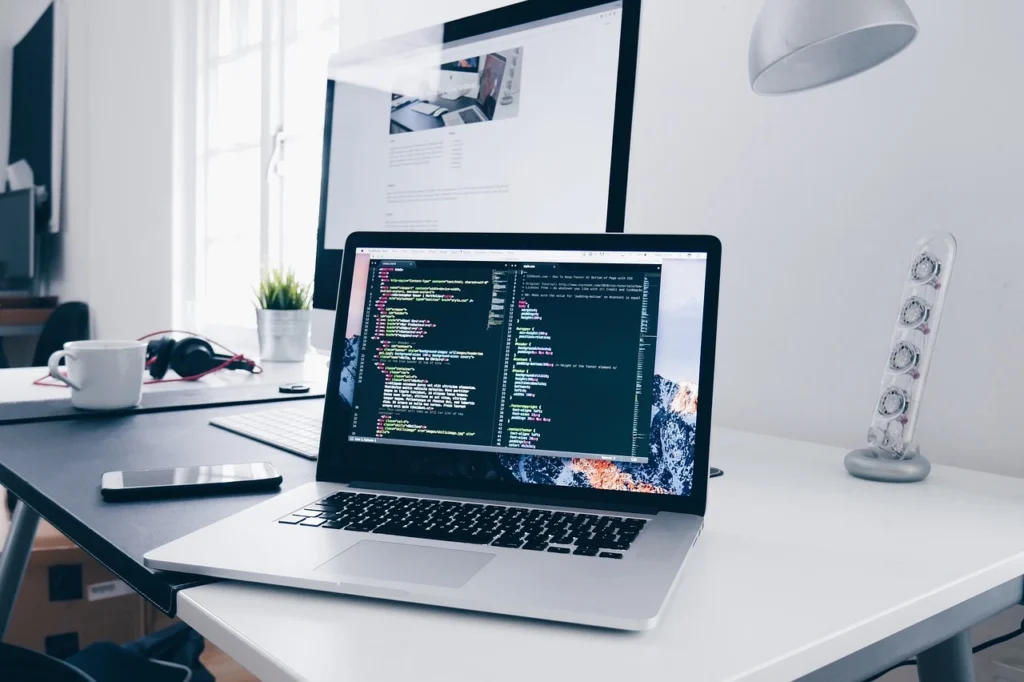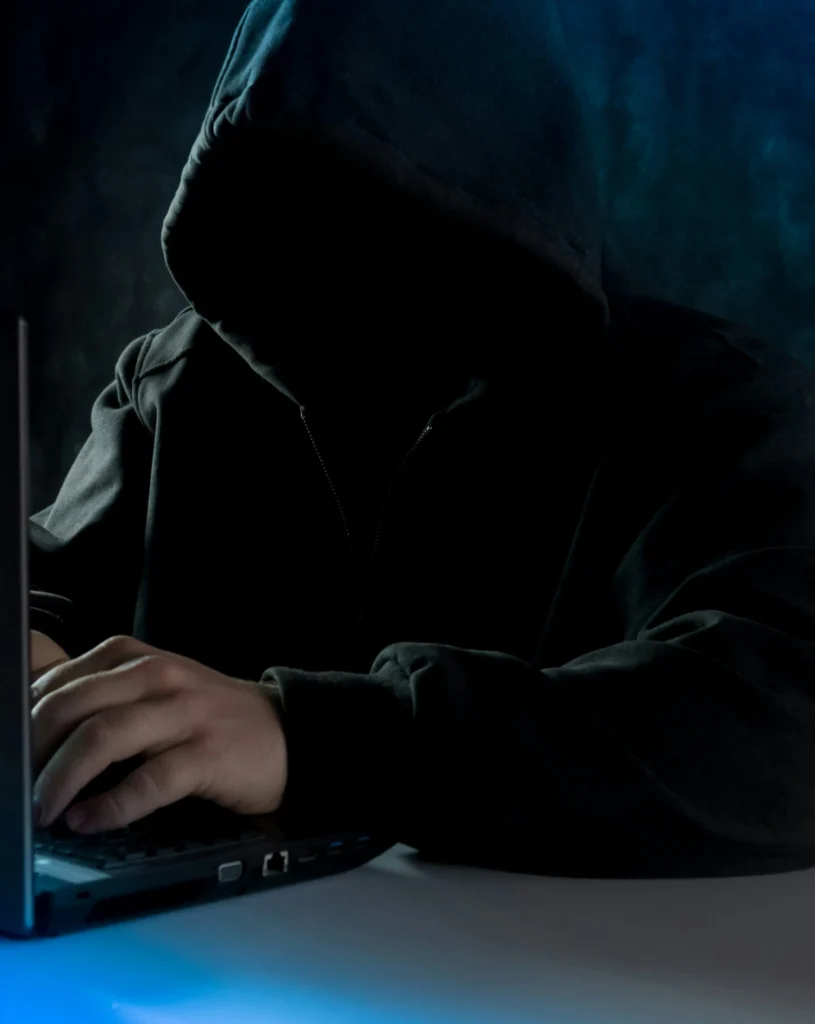
How Can You Protect Your Home Computer?
In today’s world, using a computer at home is very common. We use our computers for many things, like work, school, shopping, and chatting with friends. But, with so much important stuff on our computers, it’s important to keep them safe. If your computer gets a virus or someone hacks it, your personal information could be stolen. So, how can you protect your home computer? Let’s learn some simple ways to keep your computer safe.
1. Use Antivirus Software
One of the easiest ways to protect your home computer is by using antivirus software. This is a special program that helps keep your computer safe from harmful things like viruses and malware. Viruses are bad programs that can mess up your computer or steal your information. Antivirus software helps stop these viruses before they can do any damage.
It’s important to not only install antivirus software but also keep it updated. New viruses are made all the time, so your antivirus program needs to stay up-to-date to recognize and stop them. Many antivirus programs can update automatically, so you don’t have to worry about it.
2. Keep Your Computer Updated
Another way you can protect your home computer is by keeping it updated. Sometimes, computer companies find problems with their systems that can make it easier for hackers to get in. When they find these problems, they release updates that fix them. These updates make your computer more secure.
So, how can you protect your home computer with updates? You can set your computer to update automatically, or you can check for updates yourself. Just like antivirus software, updates help keep your computer safe from new dangers.
3. Use Strong Passwords
How Can You Protect Your Home Computer?Passwords are like keys to your computer and online accounts. If someone guesses your password, they can easily get into your computer or steal your information. That’s why it’s important to use strong passwords. A strong password is long and hard to guess. It should have a mix of letters, numbers, and symbols.
Don’t use easy-to-guess passwords like “123456” or “password.” Also, avoid using personal information like your name or birthday. If you want to protect your home computer, try using a password that is at least 8 to 12 characters long. You should also change your passwords regularly to keep your computer extra safe.
4. Be Careful with Downloads
One of the most common ways viruses get onto your computer is through downloads. When you download files from the internet, you need to be very careful. Some websites might look safe, but they can hide dangerous files like viruses. So, how can you protect your home computer when downloading files?
Only download files from websites you trust. If you’re not sure about a website, it’s better to stay away. Also, be careful with email attachments. Sometimes, people send viruses through email, pretending it’s a normal file. Before you open an email attachment, make sure it’s from someone you know and trust.
5. Use a Firewall
A firewall is another tool that can help protect your home computer. It’s like a security guard that watches the information coming in and out of your computer. If something looks suspicious, the firewall blocks it. Most computers come with a firewall built in, but you need to make sure it’s turned on.
To check if your firewall is on, go to your computer’s settings. If it’s off, turn it on to help protect your home computer from hackers and viruses.
6. Be Careful on Public Wi-Fi
Sometimes, we use our computers or phones on public Wi-Fi, like in a coffee shop or library. While this is convenient, public Wi-Fi can be risky. Hackers can use public Wi-Fi to steal your personal information.
So, how can you protect your home computer when using public Wi-Fi? Try to avoid using public Wi-Fi for things like online banking or shopping. If you must use public Wi-Fi, consider using a VPN (Virtual Private Network). A VPN makes your connection more secure, even on public networks.
7. Back Up Your Data
Backing up your data is another important way to protect your home computer. Backing up means making a copy of all the important files on your computer, like pictures, documents, and videos. If something bad happens to your computer, like a virus or a crash, you won’t lose everything. You can simply restore the files from your backup.
There are many ways to back up your data. You can use an external hard drive or a cloud service like Google Drive or Dropbox. It’s a good idea to back up your data regularly to make sure everything stays safe.
8. Be Careful with Links
Hackers sometimes send dangerous links in emails or messages. These links might look normal, but when you click on them, they can install a virus on your computer. This is called phishing.
To protect your home computer from phishing, don’t click on links from people you don’t know. If you get an email that looks strange, even if it’s from someone you know, don’t click the link. It’s always better to be safe than sorry.
9. Log Out When You’re Done
If you’re using a computer that other people can access, like at work or school, always remember to log out when you’re done. If you stay logged in, someone else could get into your accounts and steal your information.
Even at home, it’s a good habit to log out of important accounts, especially if other people use your computer. This small step can make a big difference in keeping your information safe.
10. Teach Your Family About Safety
If you live with family members, especially kids, it’s important to teach them how to stay safe online. Kids might not understand the risks of viruses or hackers, so they could accidentally click on something dangerous.
By teaching everyone in your home how to protect your home computer, you can make sure that your computer stays safe and secure for everyone to use.
Conclusion
how can you protect your home computer? Protecting your home computer doesn’t have to be hard. By using antivirus software, keeping everything updated, and being careful with downloads and passwords, you can keep your computer safe from viruses, hackers, and other threats. Remember, taking a few simple steps now can save you from a lot of trouble later on. So, how can you protect your home computer? By following these easy tips, you’ll be able to enjoy safe and worry-free computing.

FAQs (Frequently Asked Questions) about how to protect your home computer:
1. What is antivirus software, and why do I need it?
Antivirus software is a program that helps protect your computer from harmful viruses and malware. It scans your computer for threats and removes or blocks them to keep your information safe.
2. How often should I update my computer?
It’s a good idea to update your computer whenever updates are available. Most computers allow you to set up automatic updates, so you don’t have to worry about missing any important security fixes.
3. What makes a password strong?
A strong password is long, with a mix of uppercase and lowercase letters, numbers, and symbols. Avoid using easy-to-guess passwords like “12345” or your name, and change your passwords regularly.
4. How can I tell if a website is safe to download from?
To make sure a website is safe, look for “https” in the address bar and a padlock symbol next to it. Avoid downloading files from unknown or suspicious websites.
5. What is a firewall, and do I need it?
A firewall is a program that helps block unauthorized access to your computer. Most computers come with a built-in firewall, and it’s important to keep it turned on for added protection.
6. Is it safe to use public Wi-Fi for online banking or shopping?
No, public Wi-Fi can be risky because hackers can steal your information. If you must use public Wi-Fi, consider using a VPN to make your connection more secure.
7. What is phishing, and how can I avoid it?
Phishing is when hackers send fake emails or links to trick you into giving them your personal information. To avoid phishing, don’t click on links from unknown sources, and be cautious with emails that seem suspicious.
8. Why is it important to back up my data?
Backing up your data means making a copy of important files like documents, photos, and videos. If your computer gets infected by a virus or crashes, you won’t lose your files if you have them backed up.
9. How can I teach my kids to be safe online?
You can teach your kids about online safety by explaining the importance of not clicking on unknown links, using strong passwords, and being careful when downloading files. It’s also helpful to monitor their online activity.
10. What should I do if I think my computer has a virus?
If you think your computer has a virus, run a scan with your antivirus software right away. If the virus is found, the antivirus software will guide you on how to remove it.